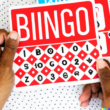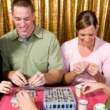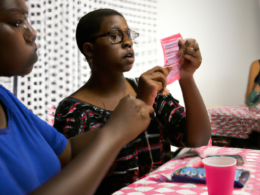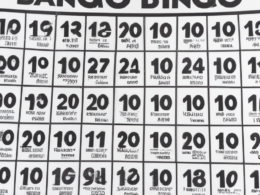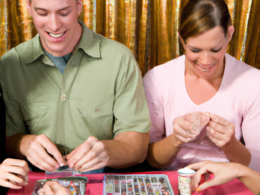Historians are still debating the origins of the game of bingo. Some say it originated in India, while others say it was developed in England. However, there is no doubt that bingo was called “housey housey” in England prior to World War II. The term may have originated from a British rhyme called “The Hundred Pipers.” In the rhyme, 100 pipers play and one says “housey housey.” The implication is that the other 99 pipers are playing too loudly. The term may have been picked up by American servicemen during World War II and brought back to the United States. There is evidence that bingo was played in America as early as 1866.
By 1907, there were reports of bingo being played in churches and charities across America. Bingo became wildly popular in the 1920s and 1930s and was played in nearly every American home by the middle of the 1930s. The popularity of bingo led to its widespread use in hospitals and nursing homes beginning in the 1940s. Bingo became so popular that it was declared an official national holiday in America in 1947 – just two years after it first became legal to play bingo on a commercial basis. It is now considered one of America’s most popular cultural icons. Bingo has even made its way into popular culture outside of America, with references being made in movies such as “The Hangover” and “Wedding Crashers”.
So, where did bingo get its name? Some say it originated from India, while others believe it was called housey housey in England before World War II. In any event, it is now widely known as “bingo” and is considered one of America’s most popular cultural icons.

